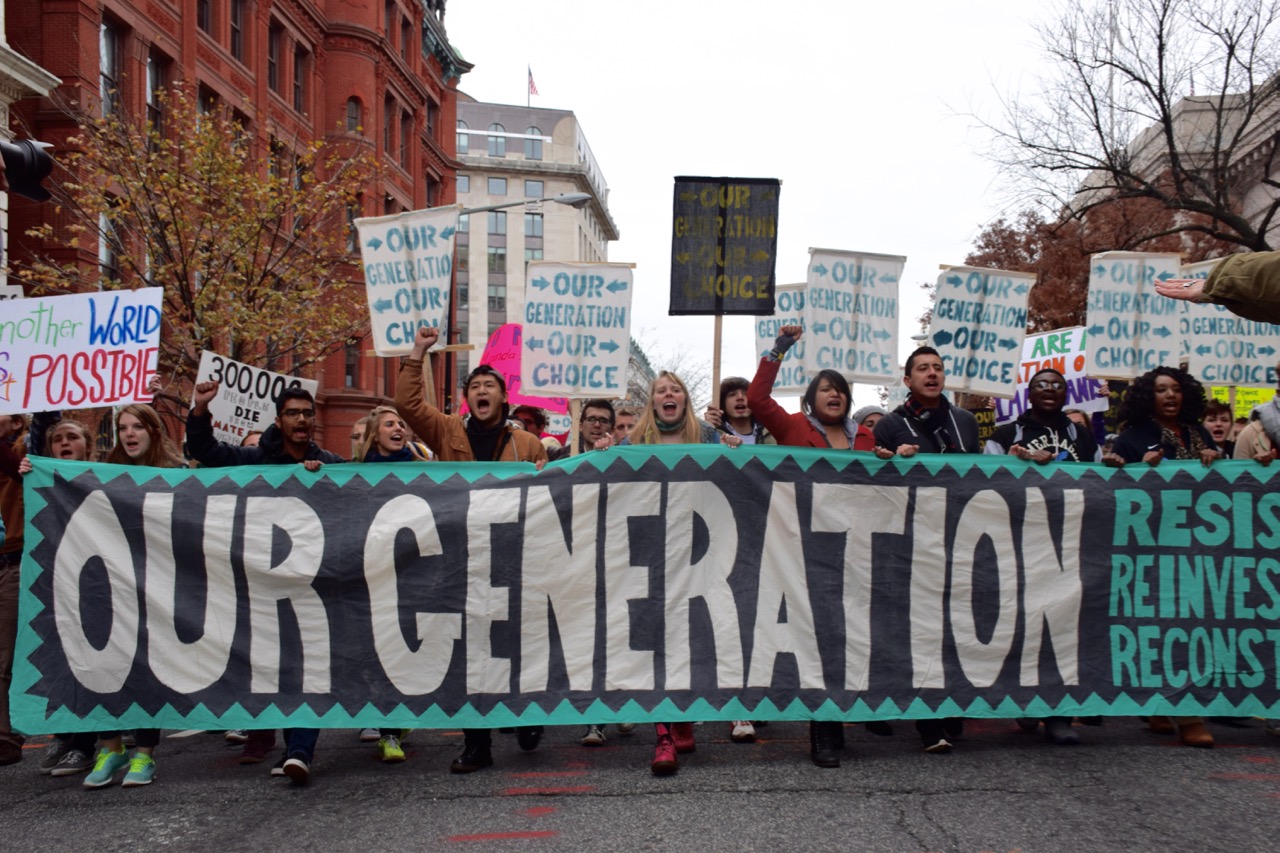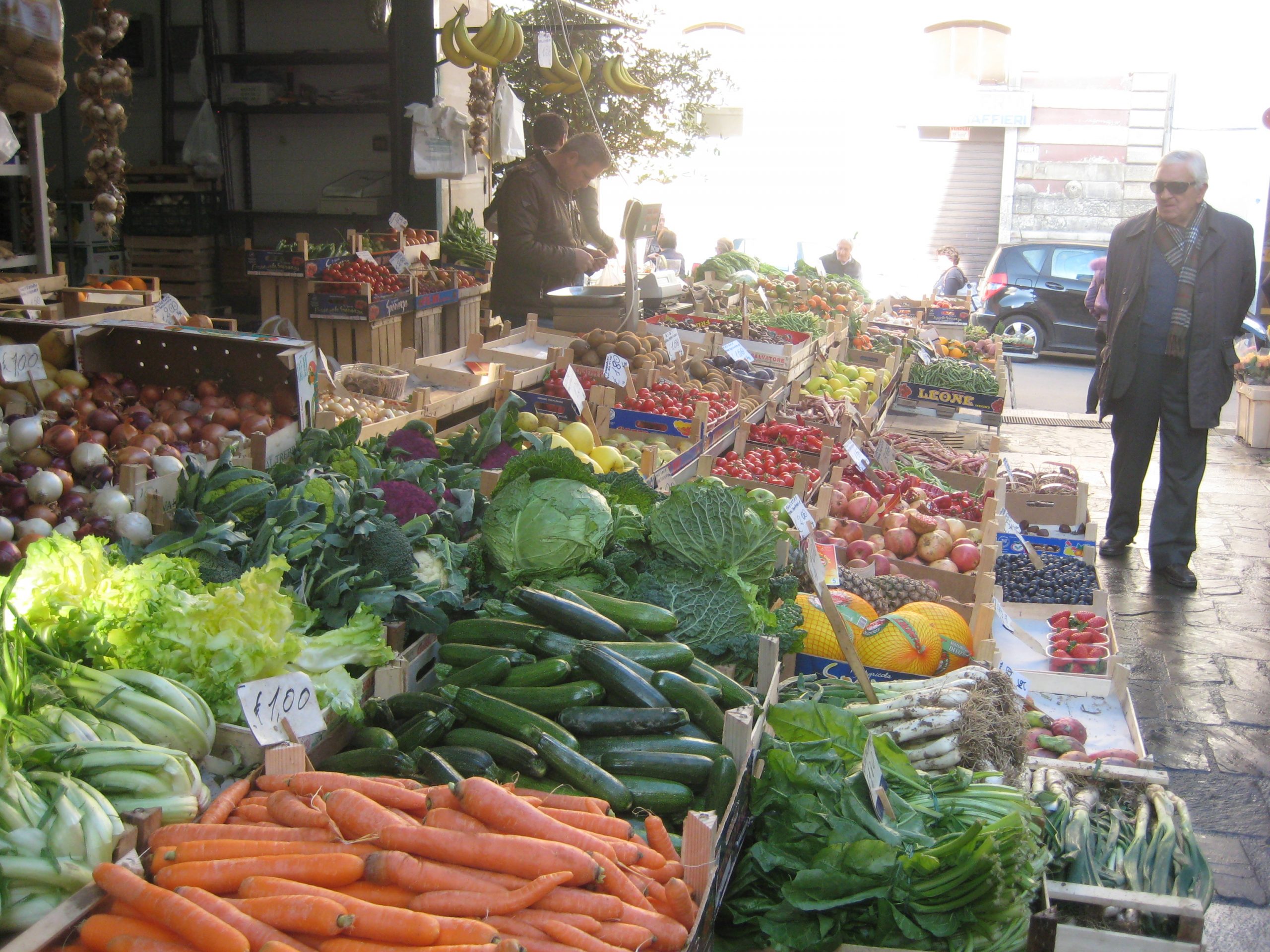Undergraduate Courses in Global Thought
The CGT continues to expand course offerings for undergraduate students at Columbia University. Current courses include:
“Inquiries into an Interconnected World” (CGTH UN3401), a Global Core eligible course, explores the complexities, opportunities, and challenges of living in an interconnected world. It examines how flows of people, things, and ideas across national borders both connect our world and create uneven consequences within and among communities. Through close analysis of primary materials, including literature, maps, art, memoirs, and oral histories, it considers how people around the world have developed a “global imaginary” and expressed the experience of living in an interconnected world. Co-curricular  learning experiences in global New York connect the classroom with the city.
learning experiences in global New York connect the classroom with the city.
“Global 20: Youth in an Interconnected World (CGTH UN3402),” a Global Core Eligible course, asks what it means to be a young person today as the world confronts seismic shifts in the geopolitical order, in the nature and future of work, and in the ways we connect with each other, express identity, engage politically, and create communities of belonging.
“Histories of the Global (CGTH UN3300)” examines the long history of global interconnectivity, the forces that have forged it, the vulnerabilities and debates it has engendered, and the worlds it has created. It departs from civilizational approaches to world history that revolve around certain cultural centers and focuses instead on the webs of interconnection and interdependence generated by the movement of people, ideas, technologies, material cultures, pathogens, and flora and fauna across space and through time.
The following are joint undergraduate / graduate courses:
 “Global Cities (CGTH 4600 GU)” takes as its starting point that urban spaces throughout the Global North and South provide an ideal vantage point from which to contemplate diverse global processes and issues, ranging from economic globalization and the climate crisis to inequality and pandemics. This course highlights the dialectical nature of global cities, as places defined by both egalitarianism and stratification, freedom and danger, cosmopolitanism and localism, sustainability and ecocide, and utopian dreams and dystopian nightmares. Through site visits and group fieldwork, students will also analyze how “the local” and “the global” intersect both in New York City and beyond.
“Global Cities (CGTH 4600 GU)” takes as its starting point that urban spaces throughout the Global North and South provide an ideal vantage point from which to contemplate diverse global processes and issues, ranging from economic globalization and the climate crisis to inequality and pandemics. This course highlights the dialectical nature of global cities, as places defined by both egalitarianism and stratification, freedom and danger, cosmopolitanism and localism, sustainability and ecocide, and utopian dreams and dystopian nightmares. Through site visits and group fieldwork, students will also analyze how “the local” and “the global” intersect both in New York City and beyond.

“Global Food Worlds (CGTH 4200 GU)” takes a cross-cultural approach to explore how and why food makes worlds. The study of contemporary foodways demonstrates both global interconnectedness and the importance of local contexts and knowledges. This class examines how individuals and communities craft themselves through food practices, and considers how food serves as a site for struggles over power, sovereignty, and belonging. The course then scales upwards to explore international systems of agricultural trade, labor, and migration, with a focus on the lives and places caught up in it. It concludes with a critical look at contemporary food politics and activism to consider possible food futures for the world we share.